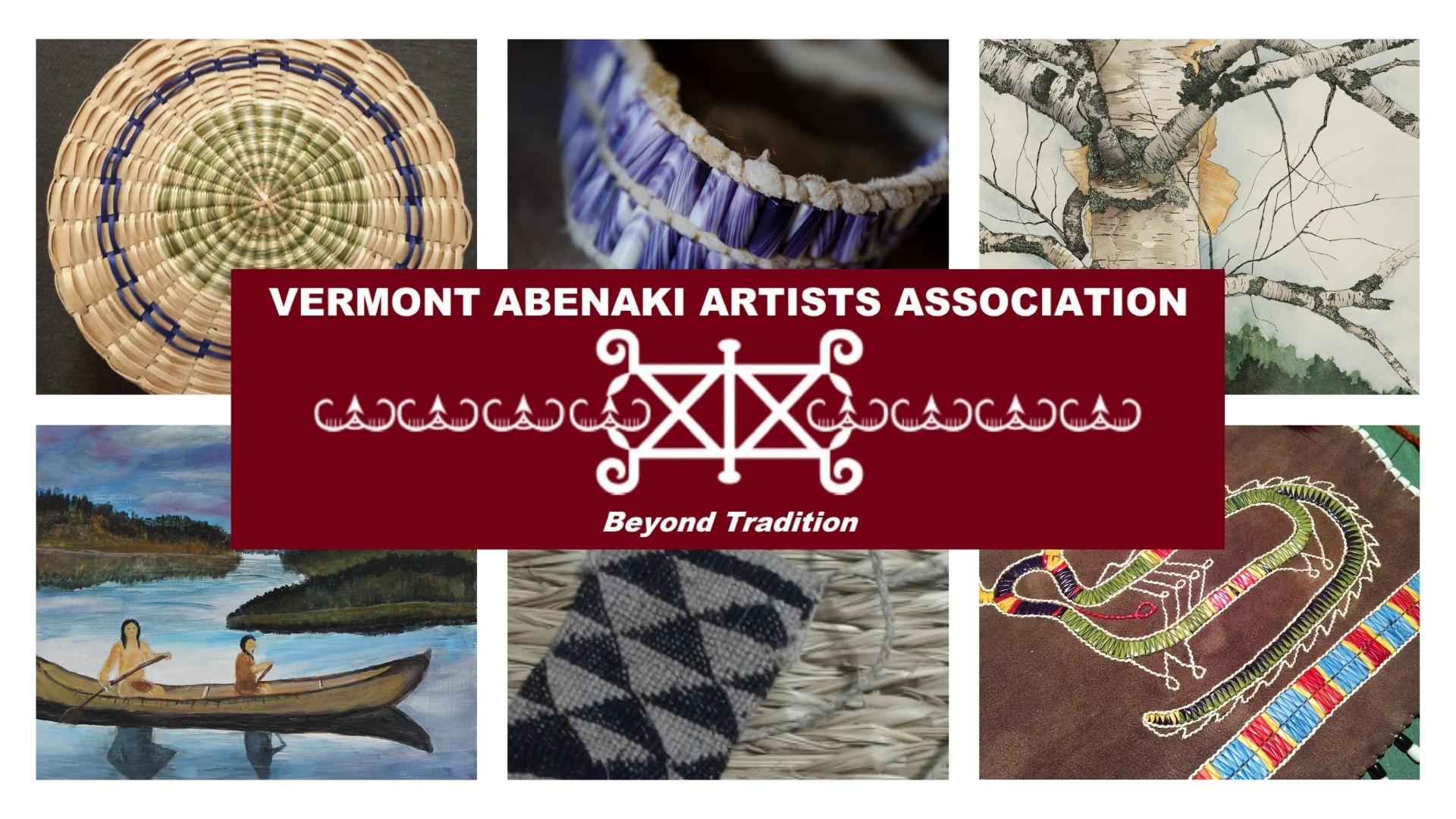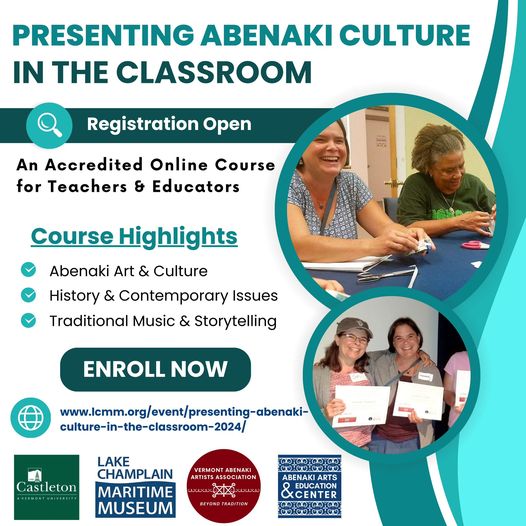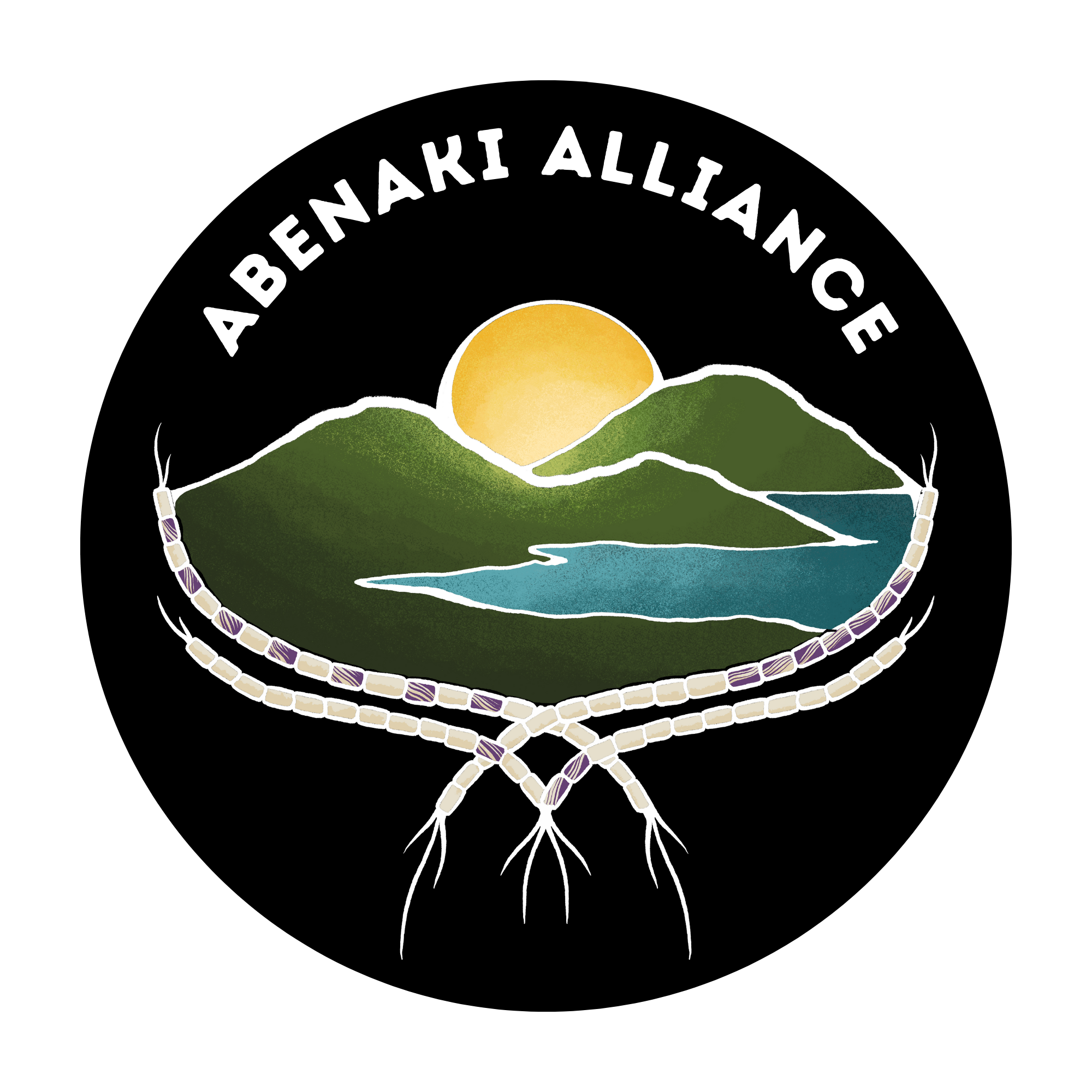
The Abenaki Arts & Education Center is excited to announce the Water is Life Abenaki Teach-In on March 25, in Vergennes, VT.
In this all-day workshop, Abenaki Arts & Education Center educators will inspire teachers with interactive, media-rich content that links 12,000 years of Abenaki history with 21st-century civic engagement. Participants will pursue a deeper understanding of the region’s diversity through the voices of the American Abenaki people.
From Lake Champlain to the Connecticut River Valley, the life-bringing waters of N’Dakinna (Abenaki for “Our Homeland”) were our earliest highways for travel. The water itself is important to the plants, fish, animals, birds, and other wildlife that are necessary to our way of life.
Presenters will illustrate the Abenaki relationship to water, awareness of water as a fundamental element necessary for all life, and concern that pollution of water can change our traditional lifeways and the health of all our relations, human and animal.
Participants will investigate resources, interaction with Abenaki culture bearers, and be introduced to culturally responsive and sustaining teaching strategies to effectively incorporate diverse narratives into their curriculum.
Registered teachers and homeschoolers will also be invited to attend additional virtual sessions, and be given access to additional bonus content.The program is presented in partnership between Abenaki Arts & Education Center, and Vermont Abenaki Artists Association, and supported in part by Vermont Humanities.
Four Abenaki tribes were recognized by the State of Vermont following an arduous process which included proving their ancestry and enduring community presence in Vermont. After reviewing tribal recognition applications and verifying the data, the Vermont state legislature voted unanimously three times to recognize the tribes. Gov. Peter Shumlin codified their legal status as Native American tribes for the Elnu and
Nulhegan Abenaki Tribes in 2011 and the Koasek and Missisquoi Abenaki Tribes in
2012. Their legal status as state recognized tribes is now codified into Vermont law.
The teacher training will be held at The Bixby Memorial Free Library in Vergennes, VT.
“The Bixby follows the Vermont Forward Plan and Vergennes City COVID guidelines.
Masks are welcome but not required. The library has industrial HEPA room air purifiers
installed throughout the building, eliminating unwanted dust particles, germs, and
contaminants” says Amber Lay, Assistant Director of the Bixby Library.
For more information and to register for the teacher training please visit https://abenaki-edu.org/








 Music, history and archaeology, weaving, social justice issues, heirloom plants and fire-pit cooking: through a combination of lectures and experiential learning, Abenaki scholars, historians, and culture bearers present their vibrant regional culture that reaches back nearly 13,000 years and continues into the 21st century. This 2
Music, history and archaeology, weaving, social justice issues, heirloom plants and fire-pit cooking: through a combination of lectures and experiential learning, Abenaki scholars, historians, and culture bearers present their vibrant regional culture that reaches back nearly 13,000 years and continues into the 21st century. This 2  CONTEMPORARY ABENAKI ARTISTS share their artwork and family photographs in the special exhibit
CONTEMPORARY ABENAKI ARTISTS share their artwork and family photographs in the special exhibit 
